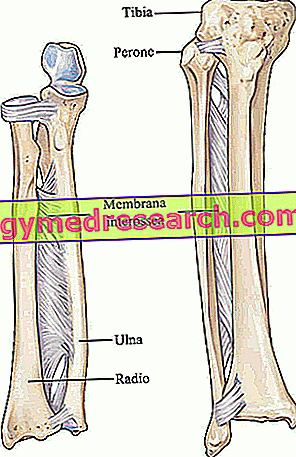Related articles: Dischezia
Definition
Dyschezia is a difficult or painful defecation caused by an anorectal functional alteration. Patients feel the presence of faeces in the rectum and the need to evacuate, but they are unable to do so, despite the prolonged effort.
Dyschezia is due to the lack of coordination between the pelvic floor muscles and the anal sphincters. The intestinal contents thus stop in the rectal ampulla and patients can complain of a feeling of blockage / obstruction.
Dyschezia is one of the main symptoms of endometriosis. Moreover, it is found in the case of diseases of the rectum or anus (malformations, inflammatory or neoplastic processes etc.) that make the act of defecation painful, which is why this is avoided. Also the alteration of nerve reflexes at the level of the last part of the intestine, which normally favor the expulsion of the faeces, can cause this disorder (eg spinal cord injury, stroke and Parkinson's disease).
In the elderly and debilitated subjects, dyschemia can result from poor excitability or rectosigmoid contractility. In children, on the other hand, it can derive from the habit of postponing the act of defecation, by inhibiting the stimuli that invite the emptying of the rectum.
Long-lasting dyschemia, with chronic strain, can cause enterocele, ulceration or rectal prolapse of varying degrees.
Possible Causes * of Dischezia
- Spastic colitis
- Endometriosis
- Pregnancy
- Stroke
- Parkinson's disease
- Anal fissures
- Multiple sclerosis
- Irritable bowel syndrome
- Constipation
- Colorectal cancer



